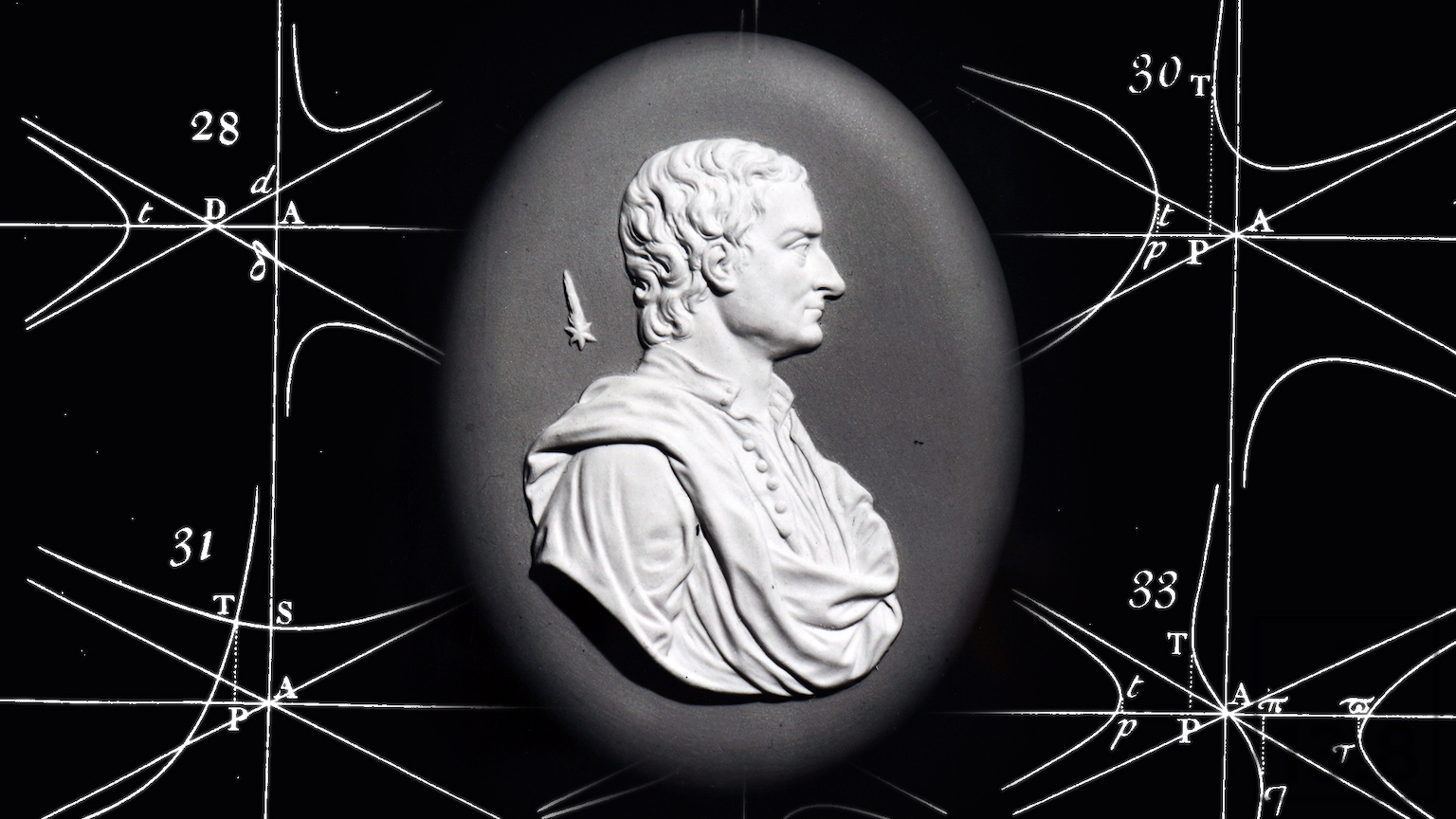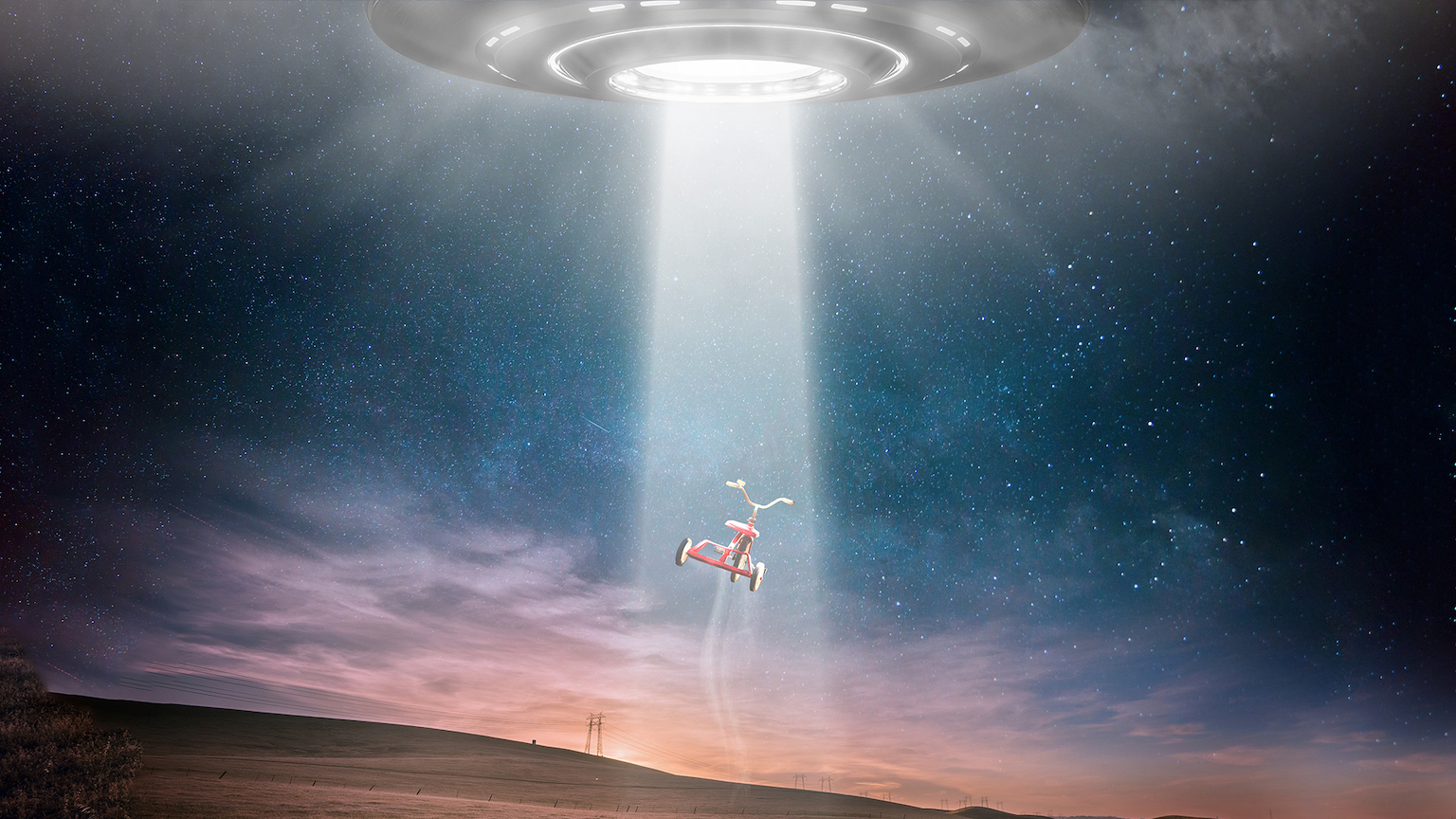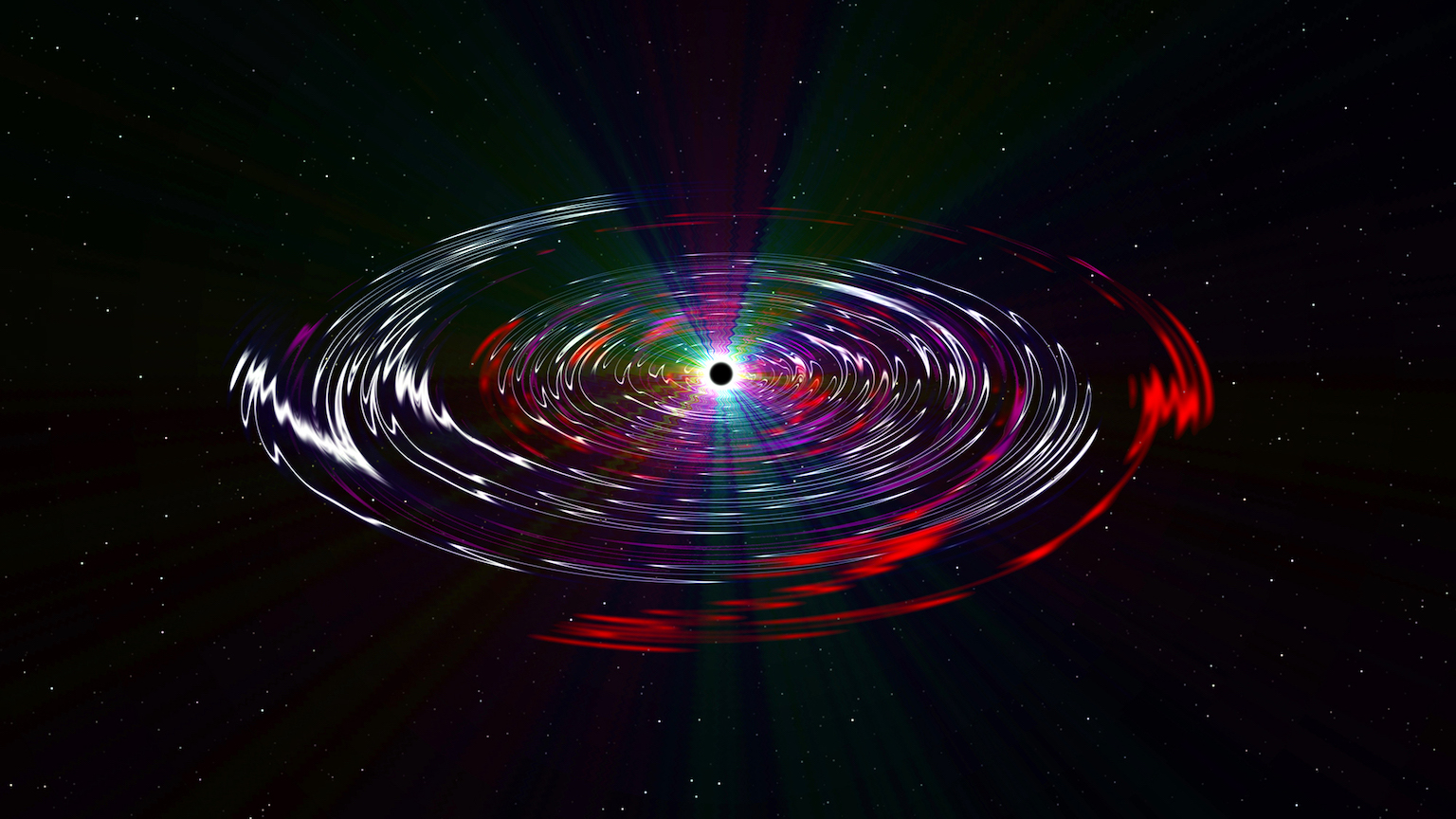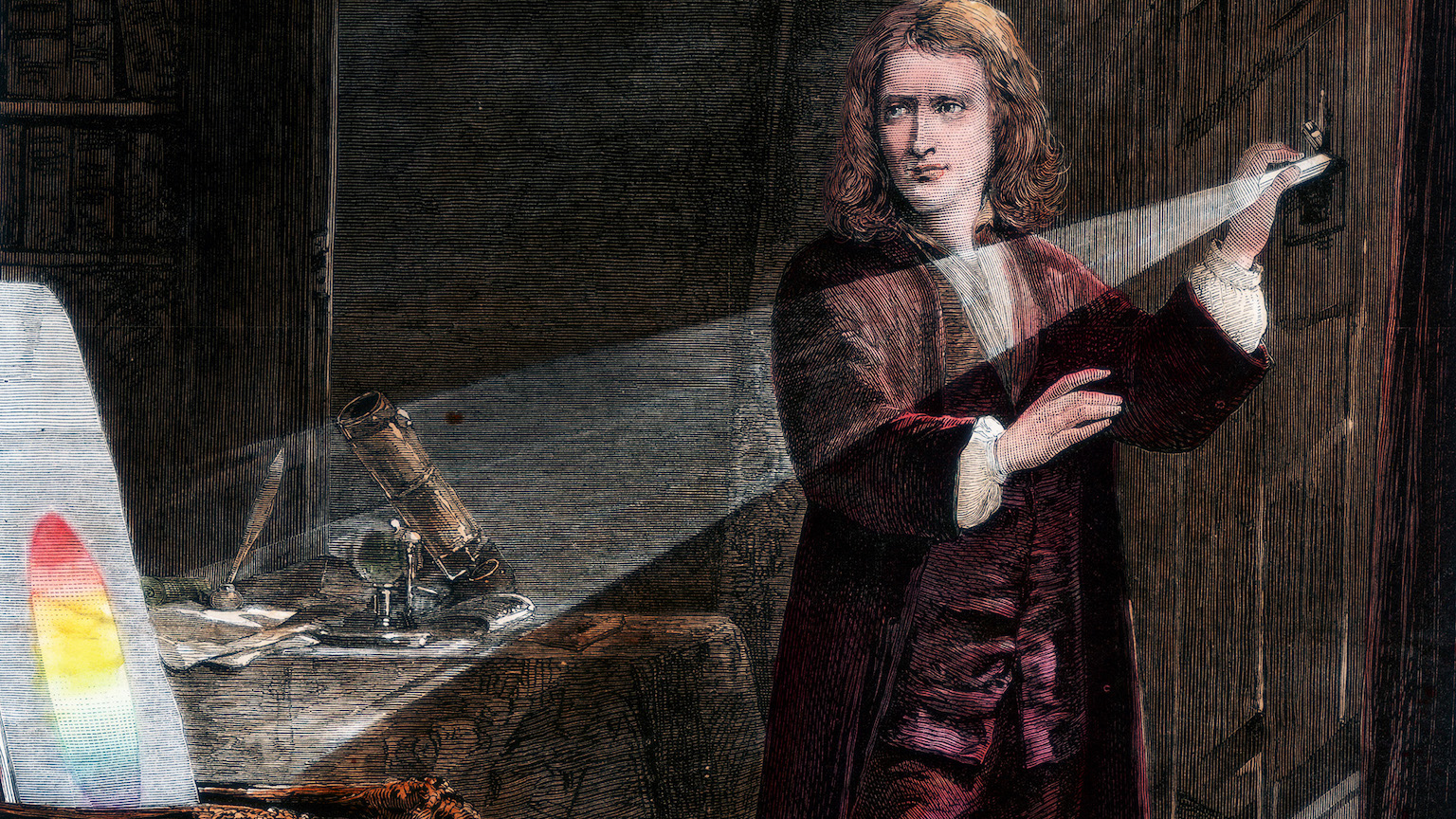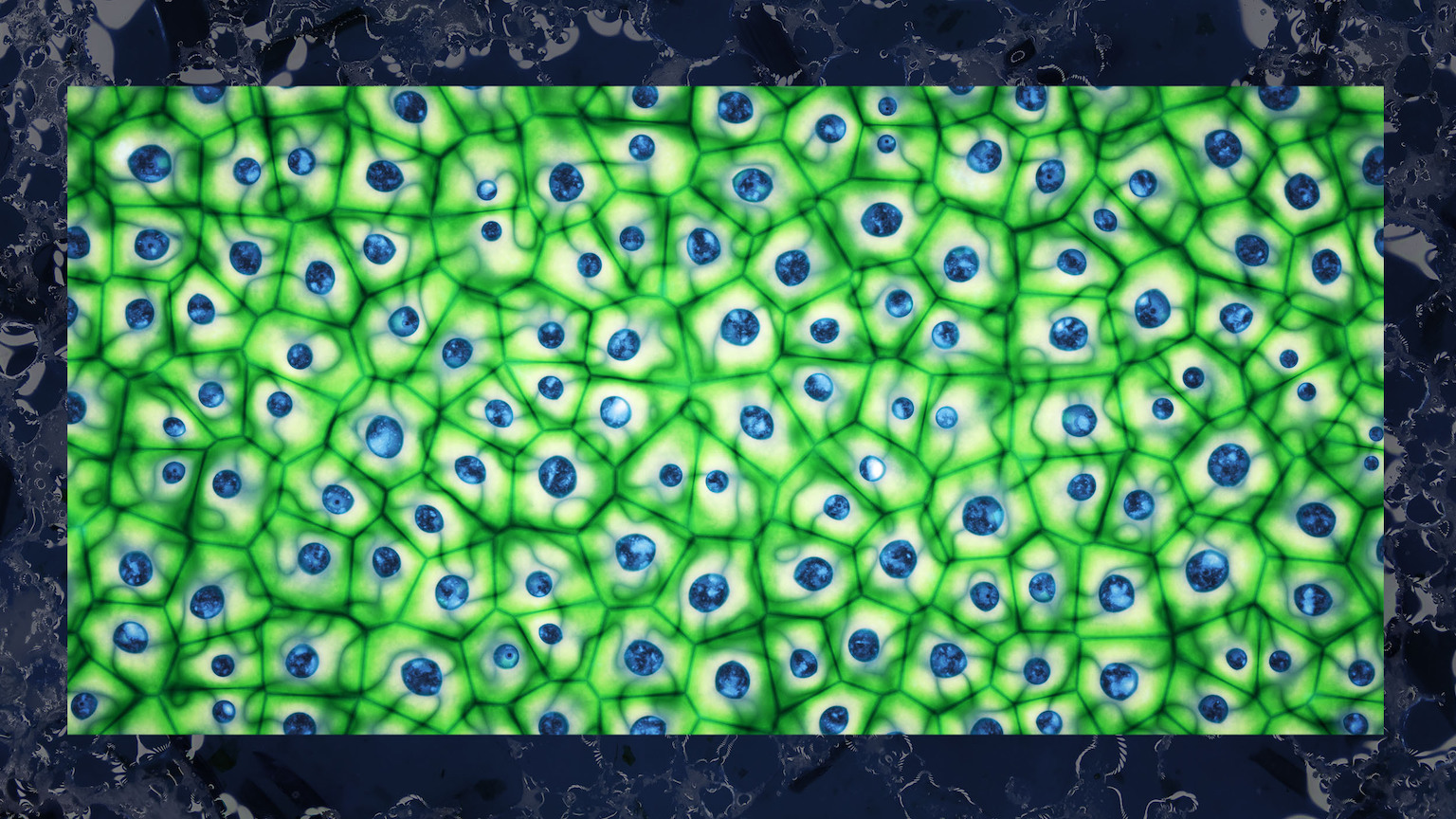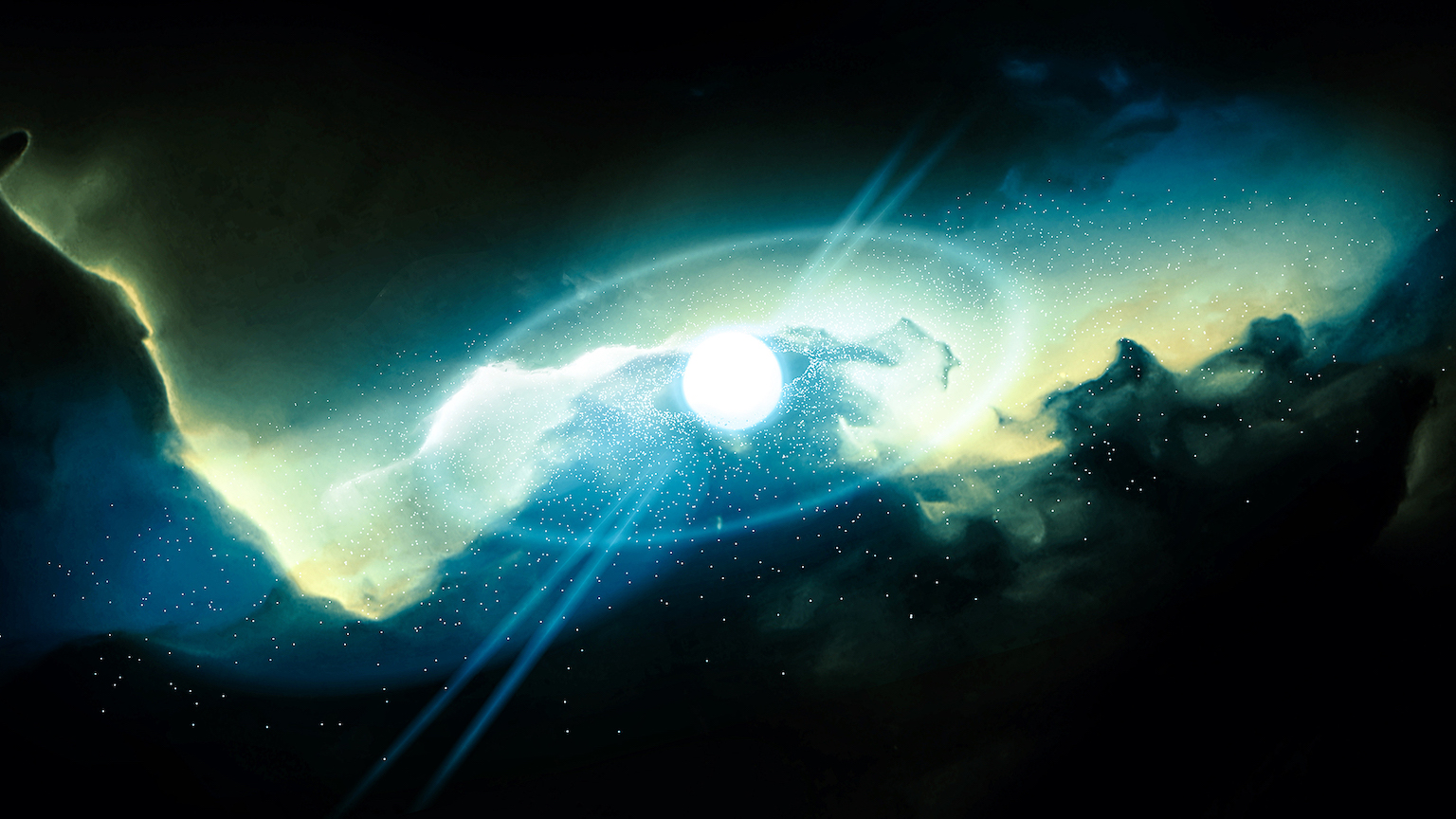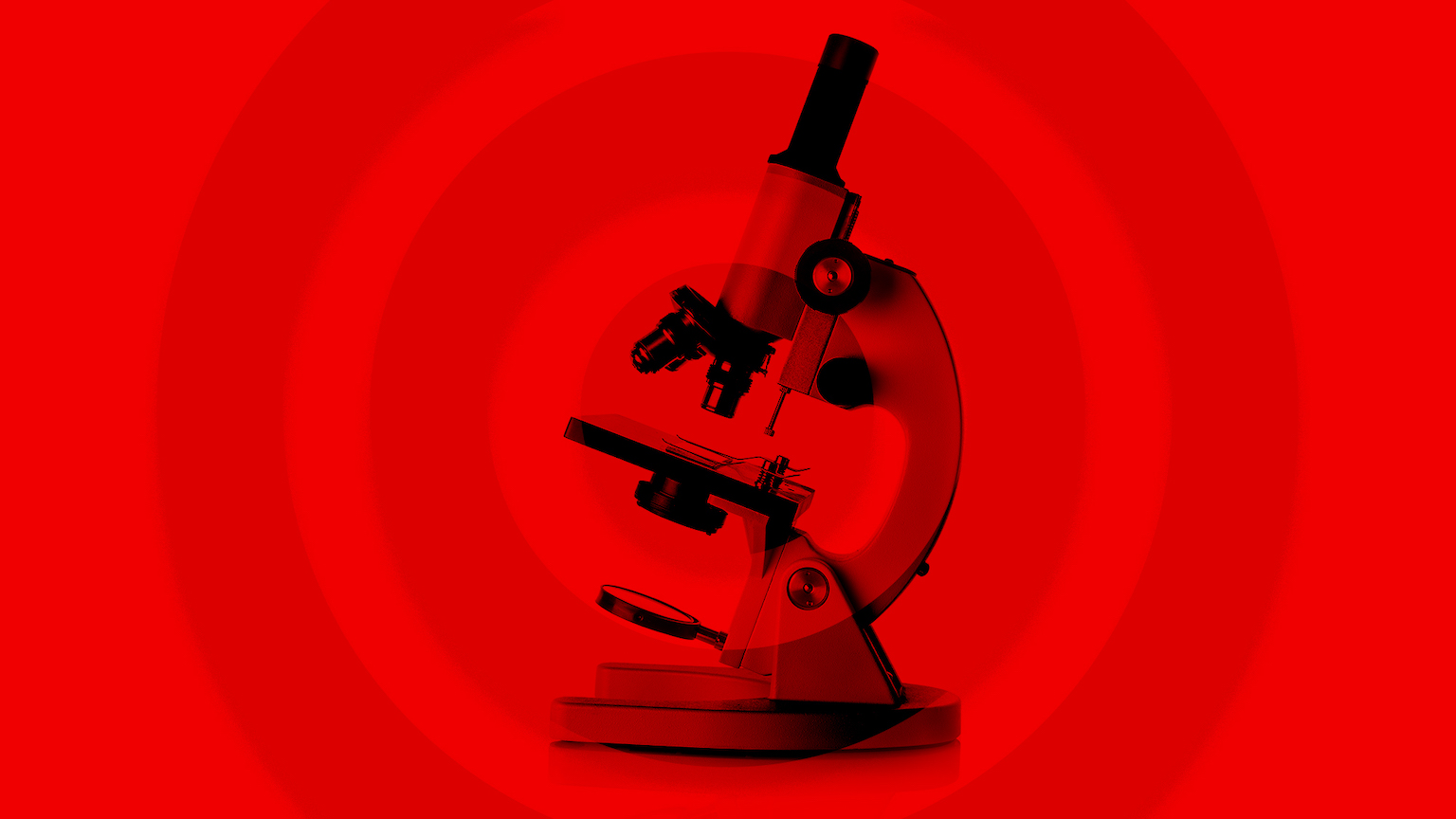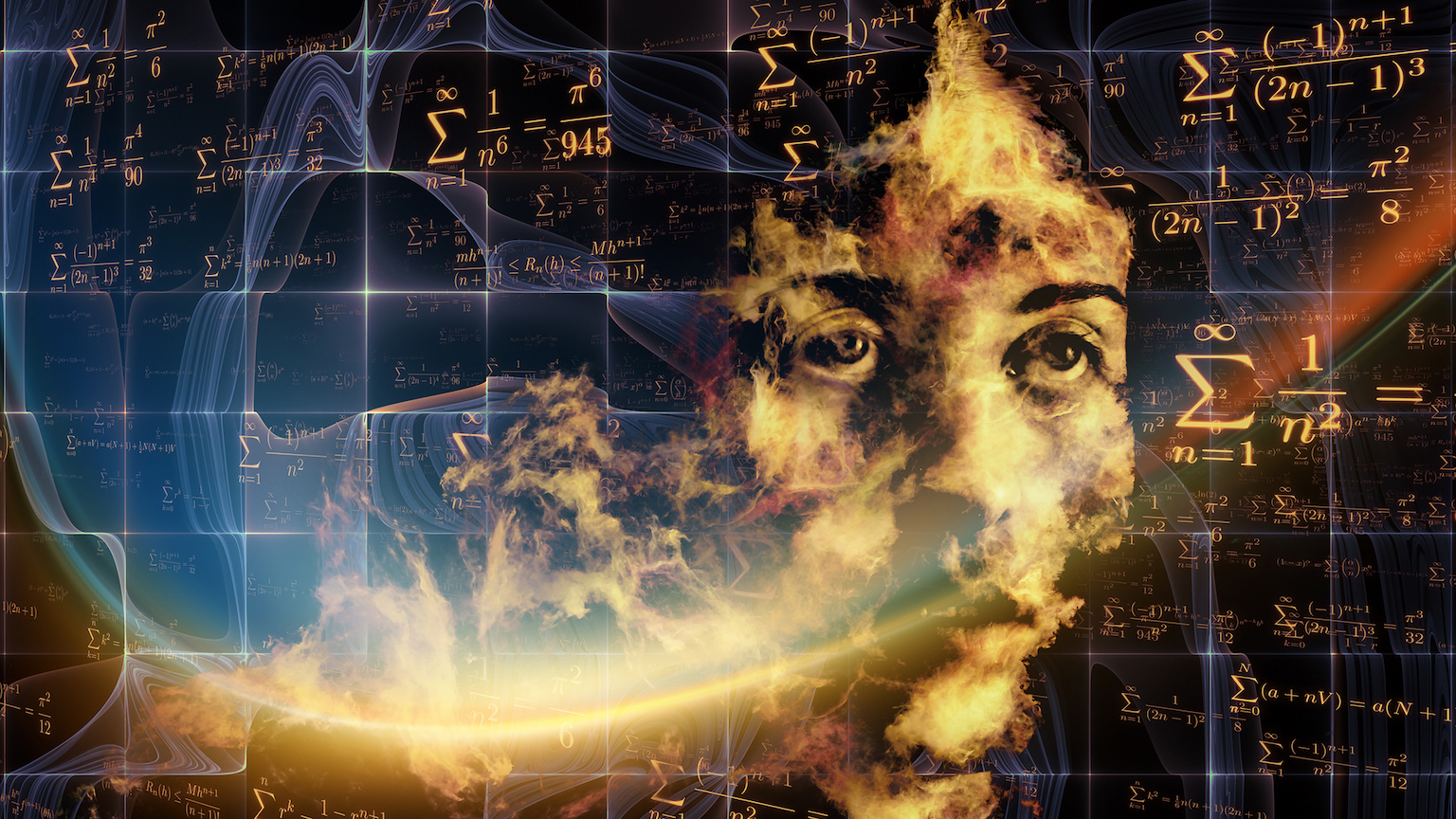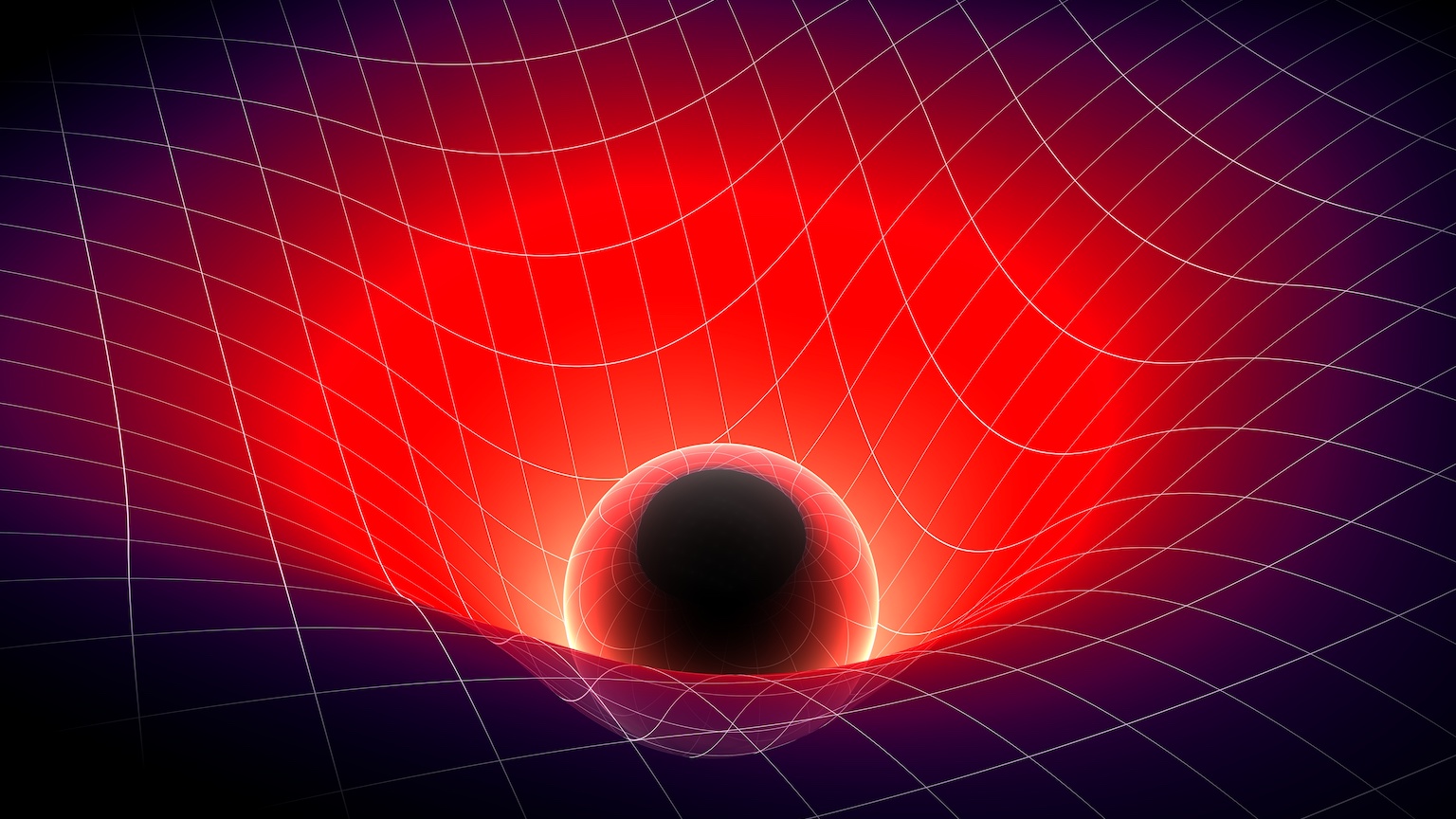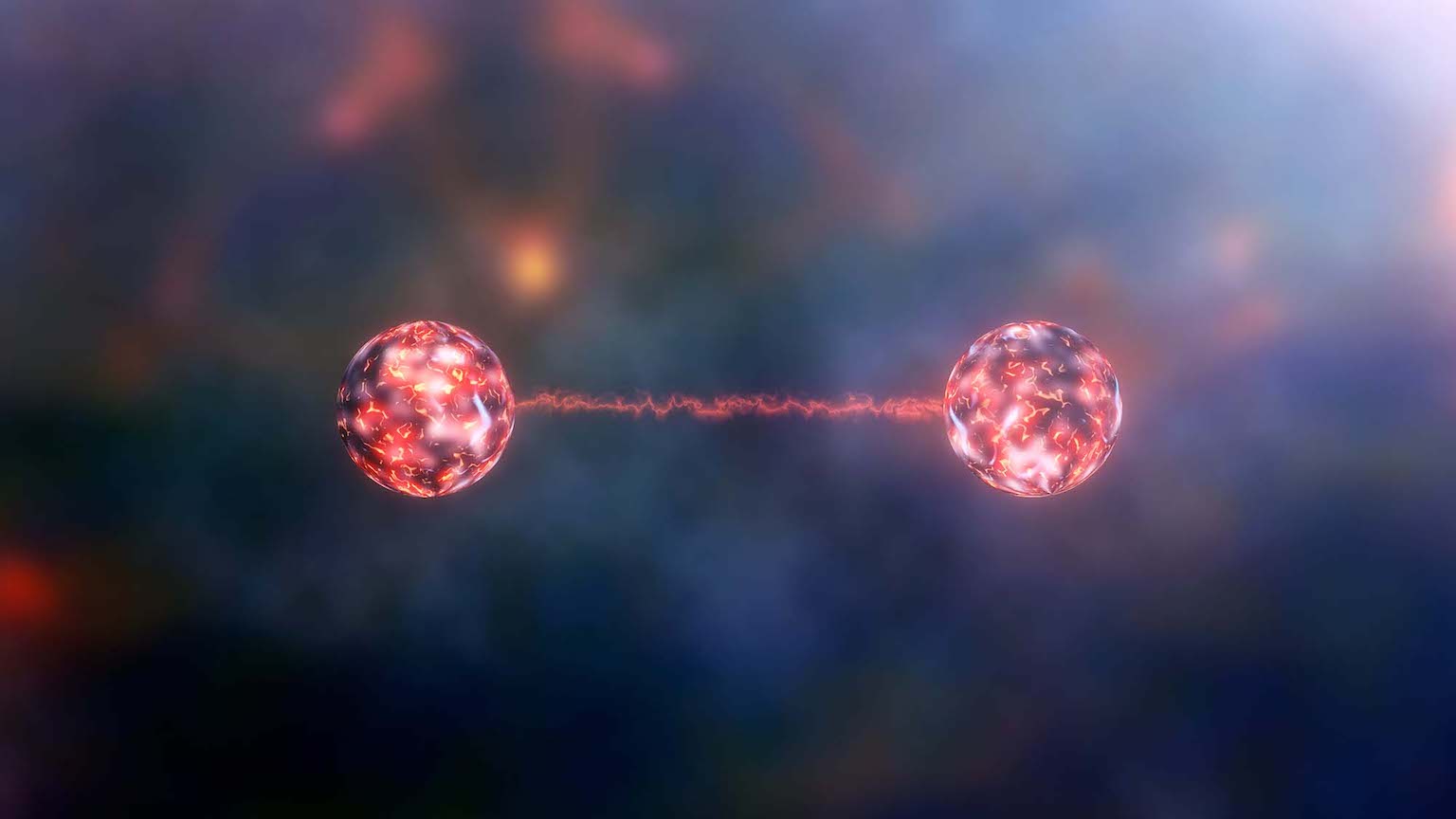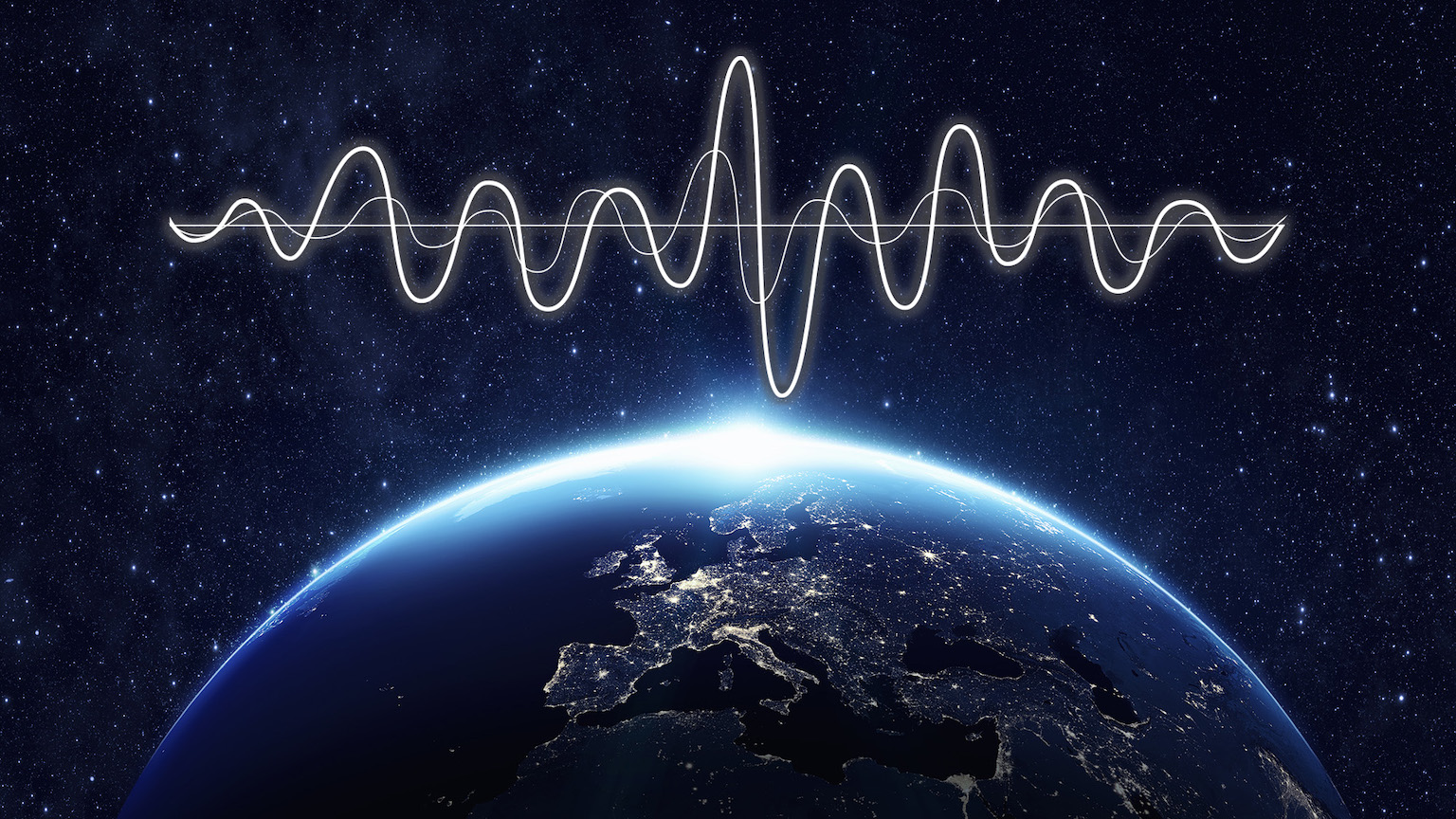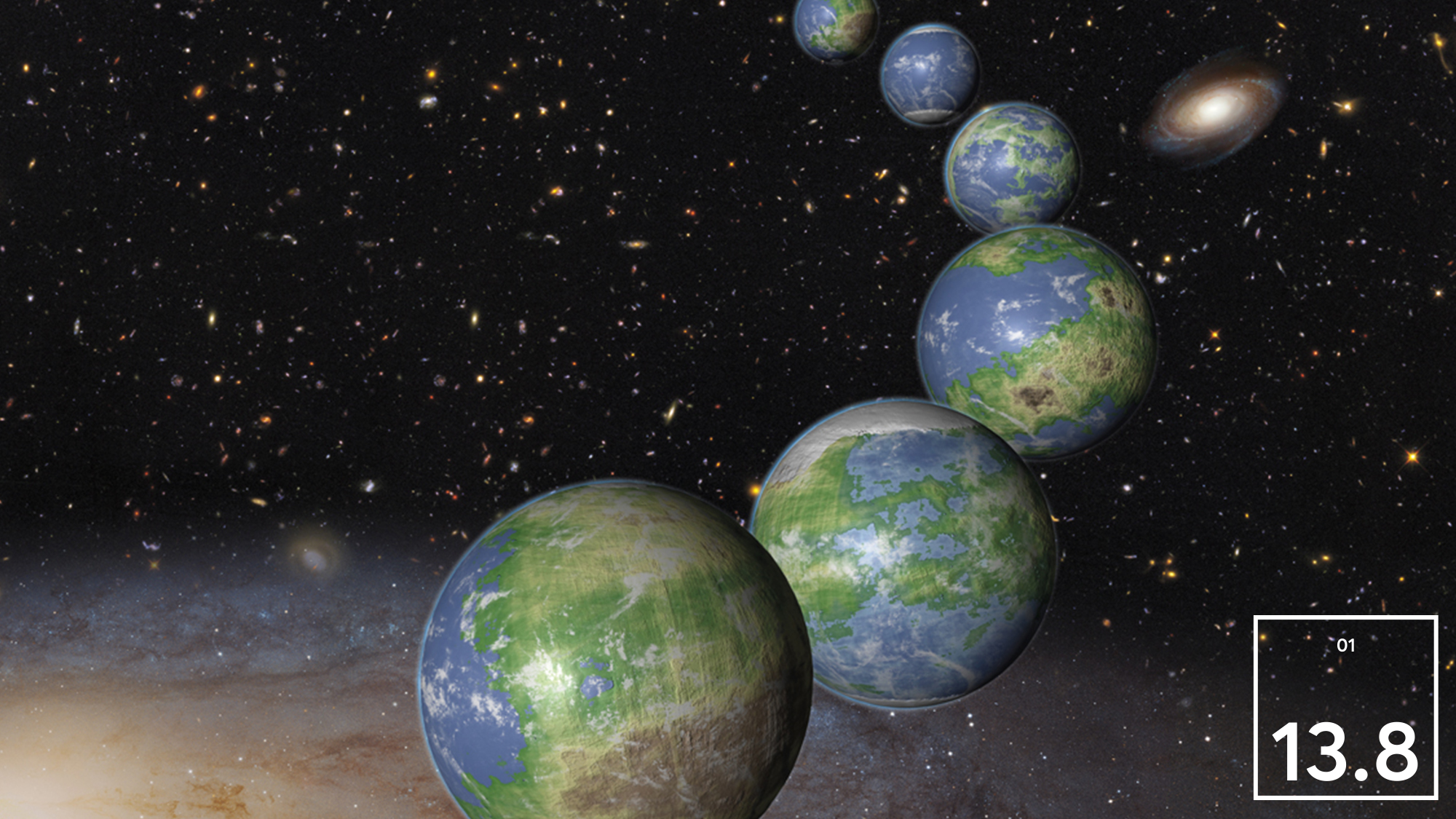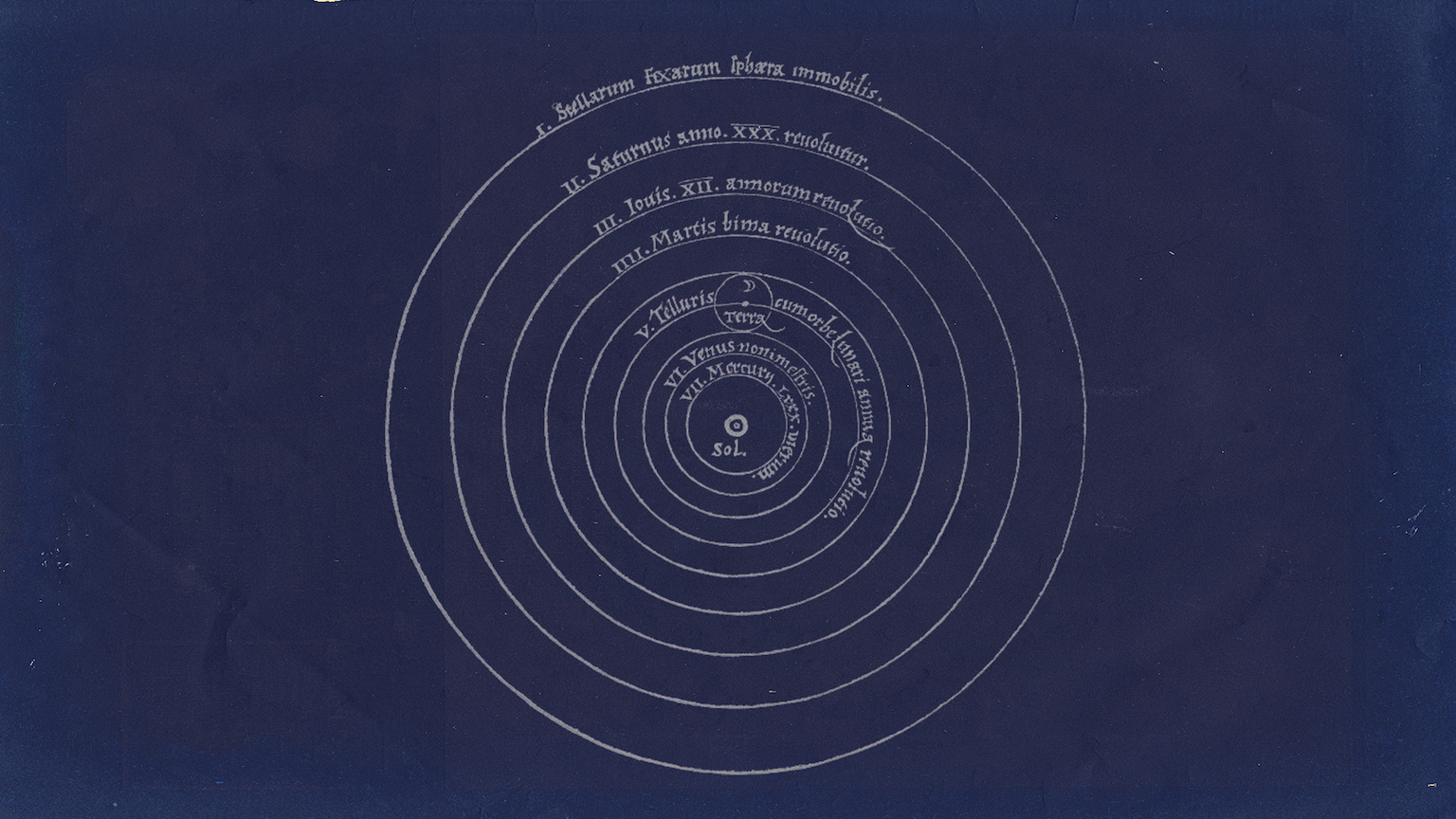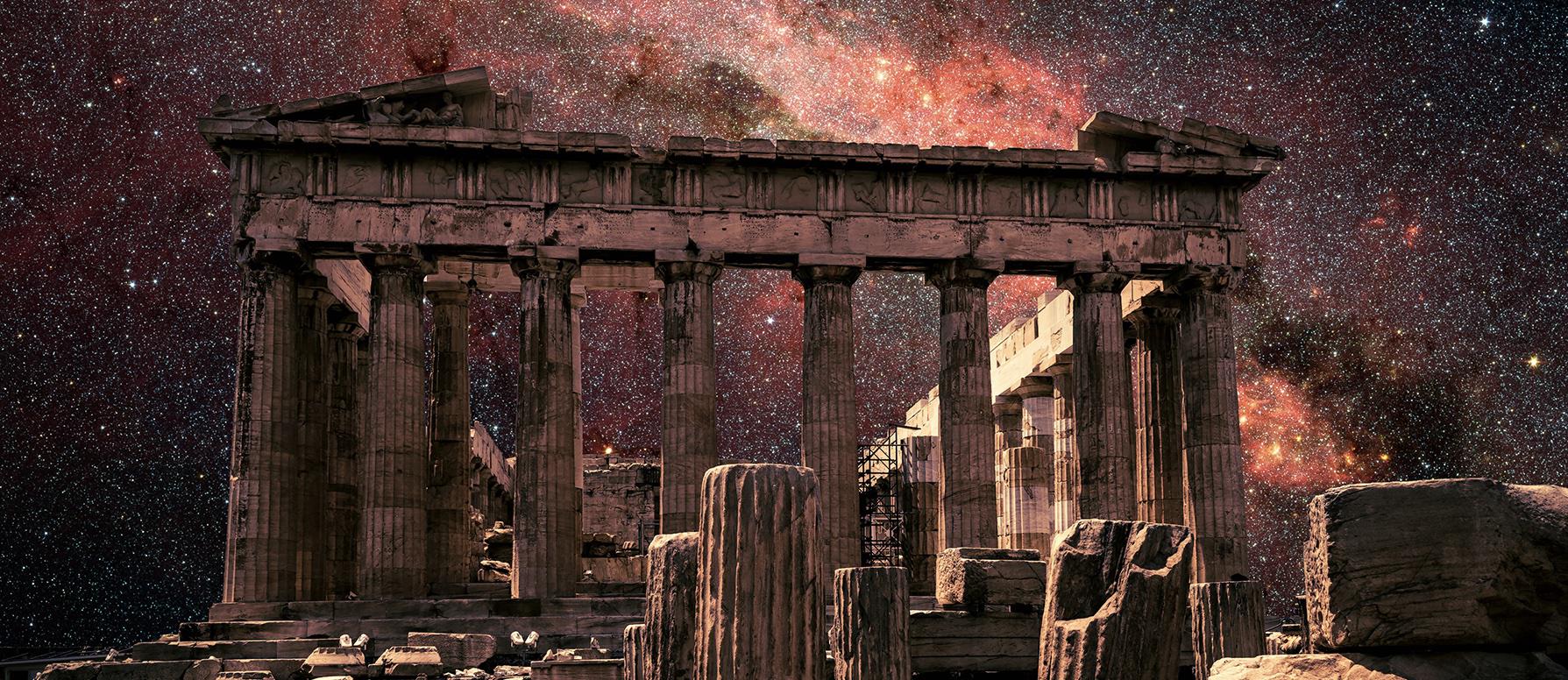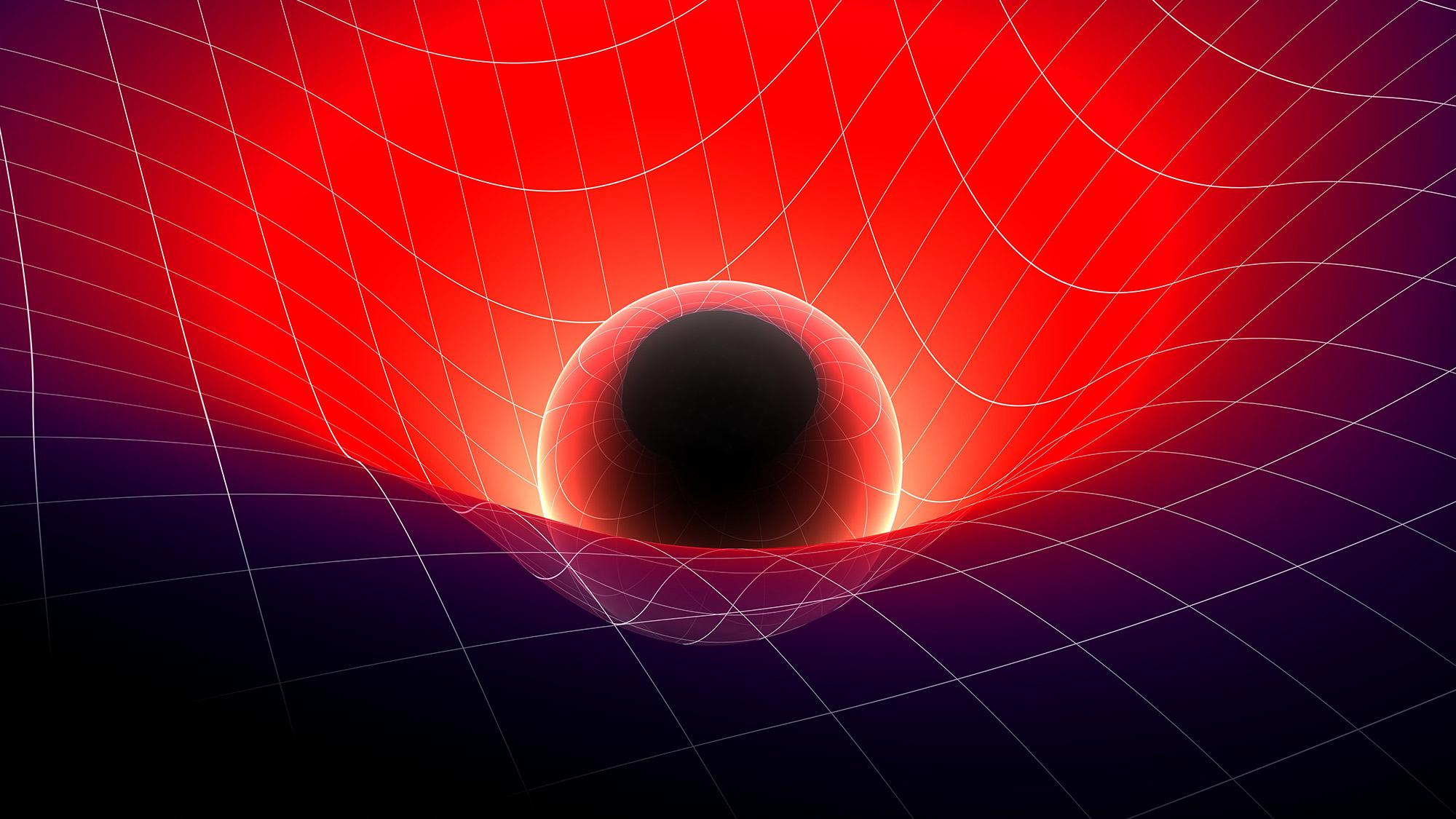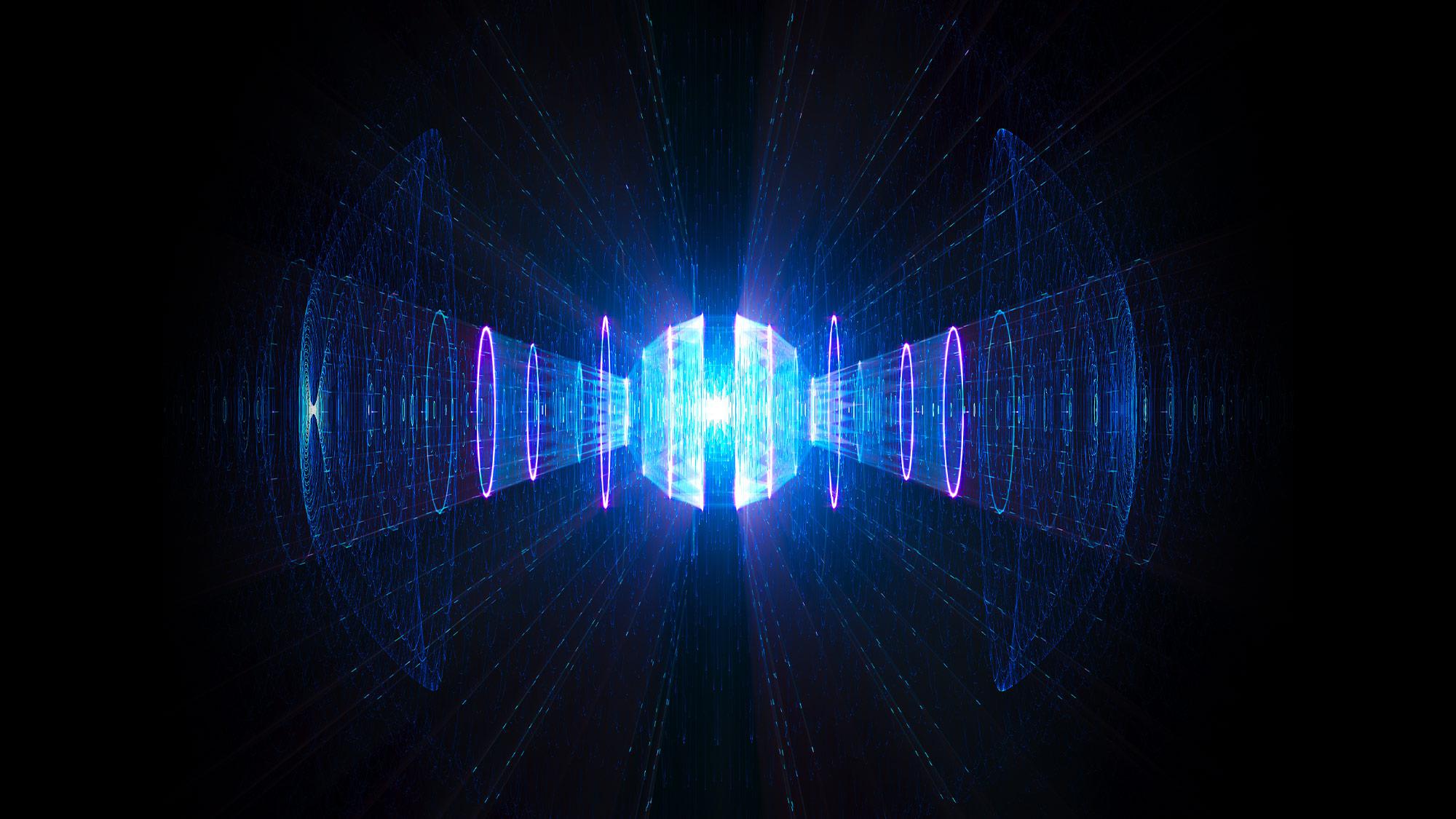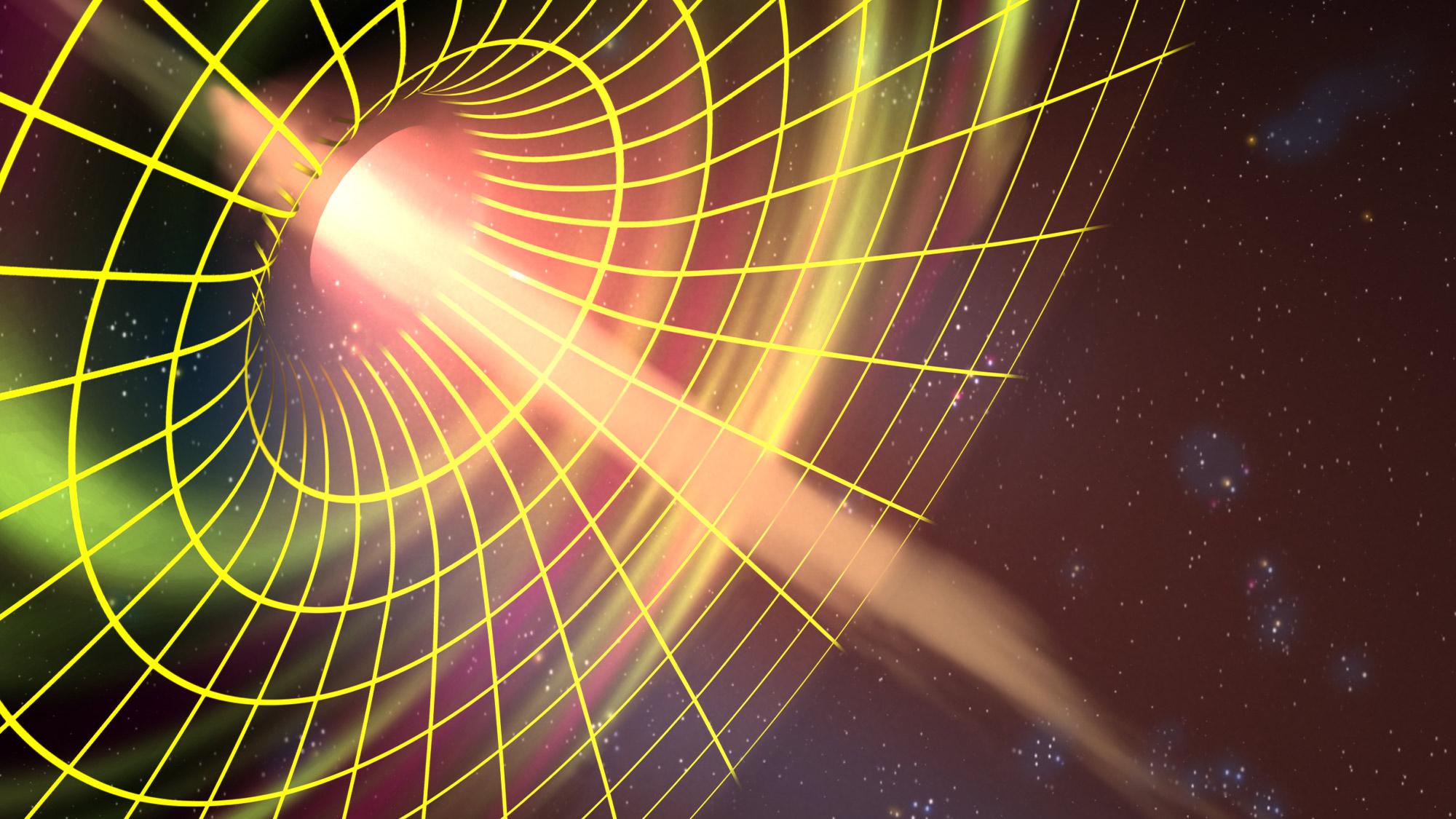Marcelo Gleiser
Theoretical Physicist
Marcelo Gleiser is a professor of natural philosophy, physics, and astronomy at Dartmouth College. He is a Fellow of the American Physical Society, a recipient of the Presidential Faculty Fellows Award from the White House and NSF, and was awarded the 2019 Templeton Prize. Gleiser has authored five books and is the co-founder of 13.8, where he writes about science and culture with physicist Adam Frank.

From physics and alchemy to theology and eschatology, Isaac Newton’s research was rooted in a personal pursuit of the Divine.
From succubi to aliens, stories of abductions or other unsettling encounters have been with us for millennia. What explains them?
It is time to give the Russian cosmologist the credit he deserves.
The James Webb Space Telescope finally could answer the age-old question of whether we are alone in the universe.
Centuries ago, the plague forced people into quarantine for years. Isaac Newton and Galileo used the time to revolutionize the world.
Whether or not life exists elsewhere in the Universe, we can be assured of one thing: We are the only human beings in the cosmos.
Astrophysicists once believed in a static Universe, containing only the Milky Way galaxy. Science definitively proved otherwise.
“To be ignorant of causes is to be frustrated in action.” So wrote Francis Bacon, counsel to Queen Elizabeth I of England and key architect of the scientific method. In […]
No matter how hard we try, we will never reach a final theory that unifies scientific knowledge. The very nature of science doesn’t allow it.
Quantum mechanics + consciousness: There is nothing better than mixing two great mysteries to produce an even bigger one.
Science continues to amplify our view of reality.
Many have argued that free will is an illusion, but science does not support that.
We pretend to be in control, but we have frighteningly little knowledge upon which to base our life’s decisions.
Einstein hated “spooky action at a distance,” but much to his chagrin, quantum mechanics remains as spooky as ever.
The beauty of this magical medicine called silence is that it is available to all of us, even in cities, if only we care to listen.
The mediocrity principle is often used to make claims about the abundance of life across the universe, but these claims are likely unfounded.
Ultrarunning is a celebration of living and a rehearsal of dying all rolled up in a single intense experience.
The Copernican principle states that Earth is an ordinary planet, but that does not mean that life is ordinary in the universe.
The upcoming launch of the James Webb Space Telescope is the event of a lifetime.
This short story is a fictional account of two very real people — Anaximander and Anaximenes, two ancient Greeks who tried to make sense of the universe.
Albert Einstein and his theory of general relativity continue to amaze us to this day.
What was the universe like one-trillionth of a second after the Big Bang? Science has an answer.
The great theoretical physicist Steven Weinberg passed away on July 23. This is our tribute.
Cross-disciplinary cooperation is needed to save civilization.
Quantum theory has weird implications. Trying to explain them just makes things weirder.
Asking science to determine what happened before time began is like asking, “Who were you before you were born?”
Must a religious story be confirmed as a true fact to be effective and inspiring?
Science is an ongoing flirtation with the unknown.
Aliens symbolize the best and worst of humanity. When we dream of aliens, we are pondering our future selves.
